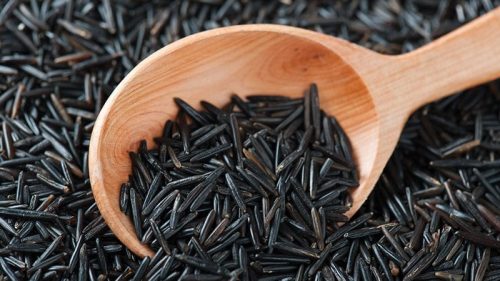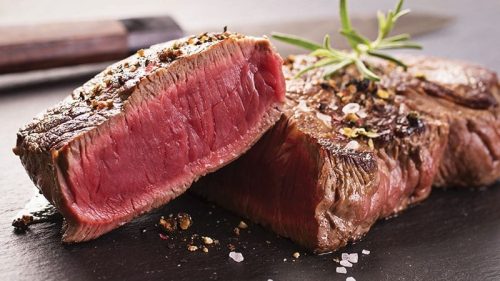News from the Canadian Food Inspection Agency
Effective today, July 10th, 2024, the document Terrestrial animal products and by-products: Returning shipments policy is implemented and posted on the Canadian Food Inspection Agency website. It is about shipments of animal products or by-products (other than edible meat) that have left Canadian territory, but then need to be returned to Canada.
Summary
- the scope includes the return of pet food/treats/chews, rendered products, dairy/egg/bee products, raw inedible material, lab samples, manure/fertilizer, hides/skins/furs/game trophies etc.
- the requestor must apply to the CFIA for an import permit and include details that clearly explain the situation
- the CFIA will then review the application and determine the animal disease risk
- return requests will no longer automatically be rejected if the shipment was exported without a certificate, and the explanation will be considered
- after the CFIA review, a decision will be made whether to provide an import permit for the return of the shipment
- an inspection of the shipment at the port of entry into Canada or an inland site may be required
Please send any questions or comments about this policy to the following email address: APABPImport@inspection.gc.ca. For routine inquiries, your local CFIA office continues to be your first point of contact.
July 3, 2024 – On July 10th, 2024, the document Terrestrial animal products and by-products: Returning shipments policy, will be implemented and posted on the Canadian Food Inspection Agency website. It is about shipments of animal products or by-products (other than edible meat) that have left Canadian territory, but then need to be returned to Canada.
Summary
- the scope includes the return of pet food/treats/chews, rendered products, dairy/egg/bee products, raw inedible material, lab samples, manure/fertilizer, hides/skins/furs/game trophies etc.
- the requestor must apply to the CFIA for an import permit and include details that clearly explain the situation
- the CFIA will then review the application and determine the animal disease risk
- return requests will no longer automatically be rejected if the shipment was exported without a certificate, and the explanation will be considered
- after the CFIA review, a decision will be made whether to provide an import permit for the return of the shipment
- an inspection of the shipment at the port of entry into Canada or an inland site may be required
Please send any questions or comments about this policy to the following email address: APABPImport@inspection.gc.ca. For routine inquiries, your local CFIA office continues to be your first point of contact.





